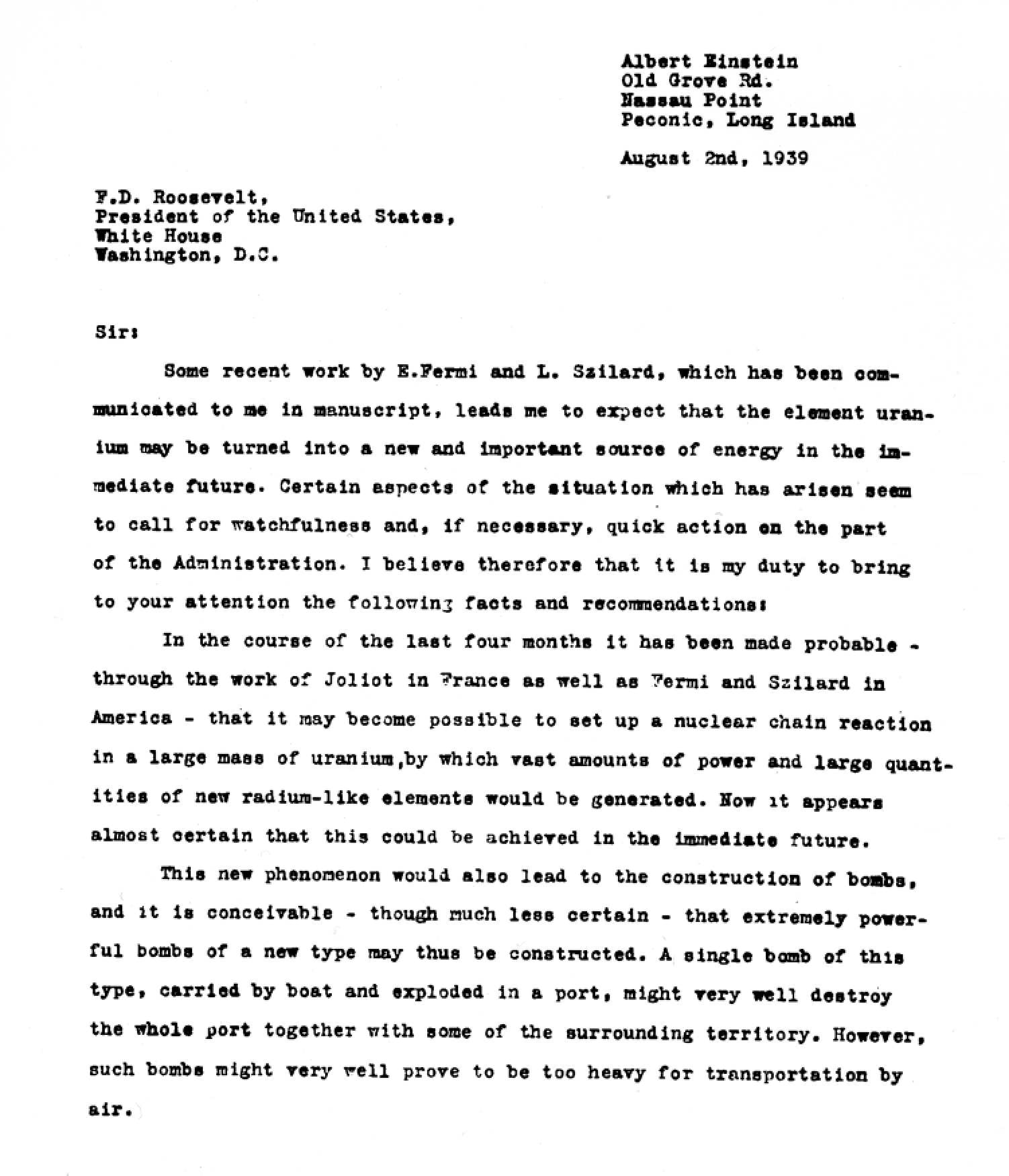On Albert Einstein
by Robert Oppenheimer
The New York Review
THOUGH I KNEW EINSTEIN for two or three decades, it was only in the last decade of his life that we were close colleagues and something of friends. But I thought that it might be useful because I am sure that it is not too soon—and for our generation perhaps almost too late—to start to dispel the clouds of myth and to see the great mountain peak that these clouds hide. As always, the myth has its charms; but the truth is far more beautiful.
LATE IN HIS LIFE, in connection with his despair over weapons and wars, Einstein said that if he had to live it over again he would be a plumber. This was a balance of seriousness and jest that no one should now attempt to disturb. Believe me, he had no idea of what it was to be a plumber; least of all in the United States, where we have a joke that the typical behavior of this specialist is that he never brings his tools to the scene of the crisis. Einstein brought his tools to his crises; Einstein was a physicist, a natural philosopher, the greatest of our time.











